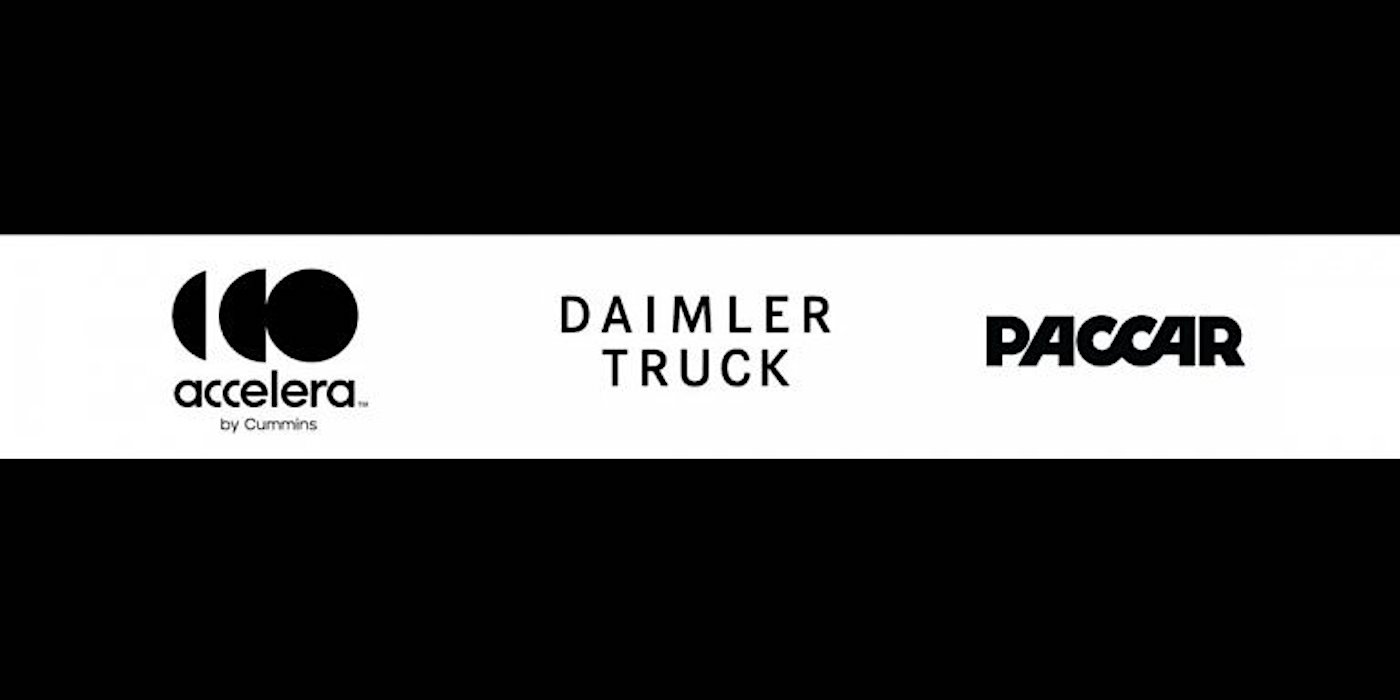[ad_1]

The joint venture project by Daimler Trucks, Paccar, and Cummins’ Accelera EV brand may not have an official name yet, but what it does have may be even better: a location. The JV announced plans to open its new battery plant in Marshall County, Mississippi.
The planned joint venture between industry heavyweights Accelera (Cummins), Daimler Trucks (Freightliner, Thomas Built, Western Star), and Paccar (Kenworth, Peterbilt) was announced last September with a remit to develop cost-effective and lithium-ion battery cell technology to support the adoption of electric vehicles for medium- and heavy-duty commercial vehicles.
Each of those companies will own 30% of and jointly control the resulting battery business, with the remaining 10% will go to Chinese battery-maker EVE Energy. EVE will serve as a “technology partner,” and “contribute its industry-leading battery cell design and manufacturing expertise to the future cell manufacturing plant.”
“Localized battery cell production is an important component of delivering our customers – the fleets that keep America and the world moving – cost effective options for decarbonizing their operations,” said John O’Leary, president and CEO, Daimler Truck North America. “We’re grateful to the state of Mississippi and the Marshall County community for joining us in achieving this goal and helping to realize our shared climate goals.”
The JV will localize battery cell production for commercial electric vehicles and is expected to create more than 2,000 U.S. manufacturing jobs, with the option for further expansion as demand grows. The 21-gigawatt hour (GWh) factory is expected to begin producing battery cells in 2027.
Electrek’s Take
After being hit with a $2 billion fine for using illegal software to cheat results of diesel emissions tests just days ago, it’s good to see Cummins, through its Accelera brand, taking some positive steps towards electrification. With Accelera producing batteries, e-axles, traction drives, and other heavy equipment components, along with Daimler’s global reach and Paccar’s heavy investment in charging infrastructure – not to mention each brand’s well-established foothold in the industry – it really seems like this JV could wield a massive influence over the future of zero-emission trucking (at least in North America).
If only they could get batteries rolling out of Mississippi in 2025 instead of 2027, they might be able to pull ahead of Tesla!
FTC: We use income earning auto affiliate links. More.
[ad_2]
Source link
